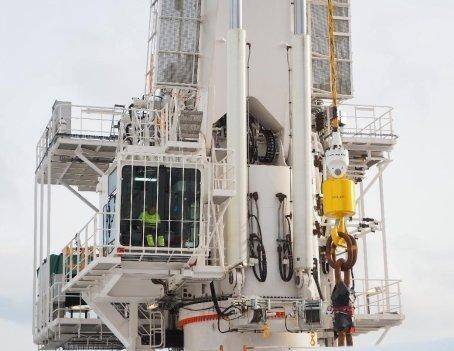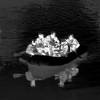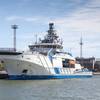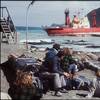Otto Candies Orders FibreTrac Offshore Crane from MacGregor for Wyatt Candies Vessel
Cargotec's subsidiary MacGregor has won a contract with the U.S. offshore support vessel owner Otto Candies to deliver an active heave compensated FibreTrac offshore crane.
The order was booked in Cargotec’s 2022 first quarter order intake, with delivery expected to be completed by the end of the year. MacGregor told Offshore Engineer that the crane would be installed aboard the Wyatt Candies dive support vessel.
The scope of supply includes full delivery of the 150t AHC crane, rated for the client's needs at 100t lifting capacity, together with Lankhorst Lanko®Deep Dyneema DM20 fiber rope for 3400m operational depth.
"The crane is the first of its type and provides the ability to lift heavy loads at depths that normally require much larger cranes on larger vessels," MacGregor said.
"This highly innovative crane uses neutrally buoyant fiber rope with an Applied Fiber termination connecting directly to the hook allowing full payload at all depths. This is in contrast to standard wire-rope cranes, where the weight of the steel wire steadily robs the crane of its lifting capacity as more wire is paid out," the company said. FibreTrac fibre-rope offshore crane - Credit: MacGregor
FibreTrac fibre-rope offshore crane - Credit: MacGregor
According to MacGregor, the FibreTrac concept was developed in collaboration with Parkburn Precision Handling Systems, which will deliver the fiber rope Deepwater Capstan (DWC) that gently de-tensions the rope between the high-tension operational side and the low-tension storage side.
Parkburn also developed the crane’s Lift Line Management System which manages rope health monitoring and feedback using a combination of sensing technologies and a lifetime usage algorithm developed by DSM based on their DM20 material.
According to MacGregor, the subsea AHC fibre-rope crane will have the world’s first DNV-DRS class notation based on the DNV-ST-E407 standard.
"This new standard governs how such a crane and its rope system can remain continually certified based on real-time measurements of rope health and represents a significant departure from earlier certifications based on prescriptive rules and periodic inspections," the company explained.
"Owners and operators can now have an up-to-date health status of every portion of the lift-line and use it confidently and to its fullest potential, instead of guessing based on work hours since the last inspection and cutting back or replacing it," MacGregor said.
"The drive for better vessel utilization and efficiency has never been stronger in the offshore world. Thanks to all who have contributed to developing this unique crane which we are very proud to get into operation,” says Jan Erik Pedersen, Senior Vice President, Offshore Solutions Division, MacGregor.












